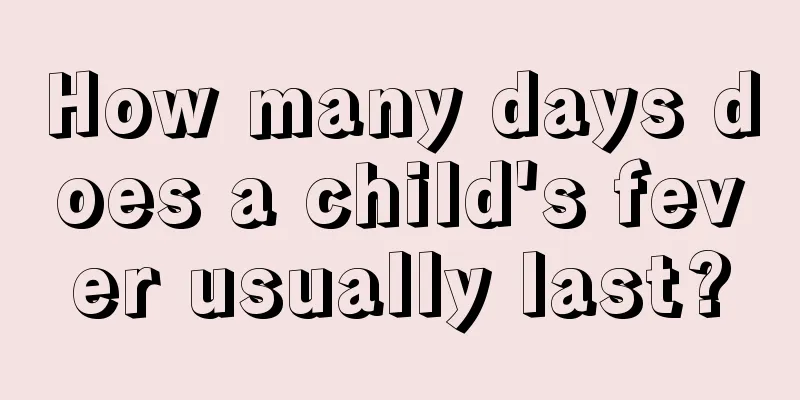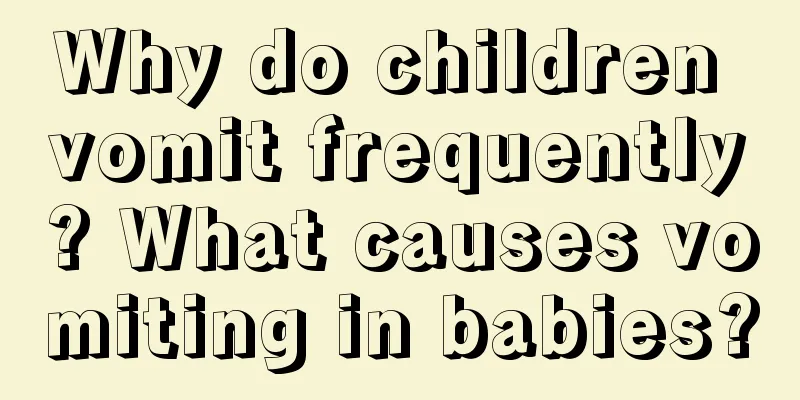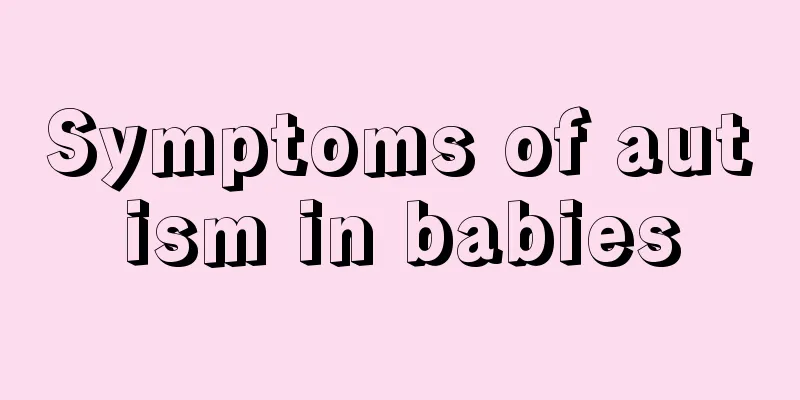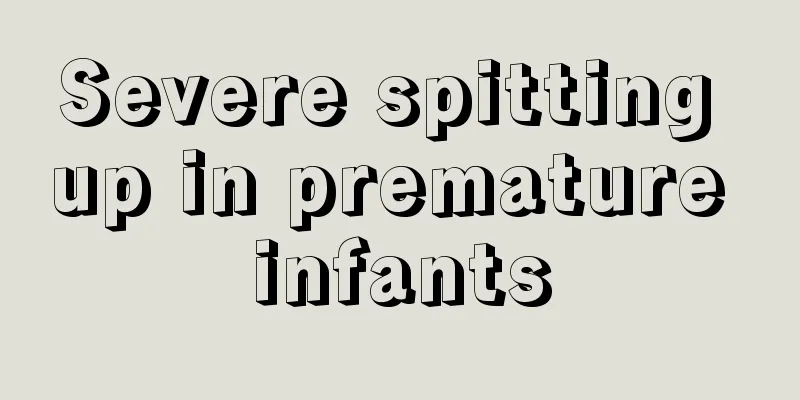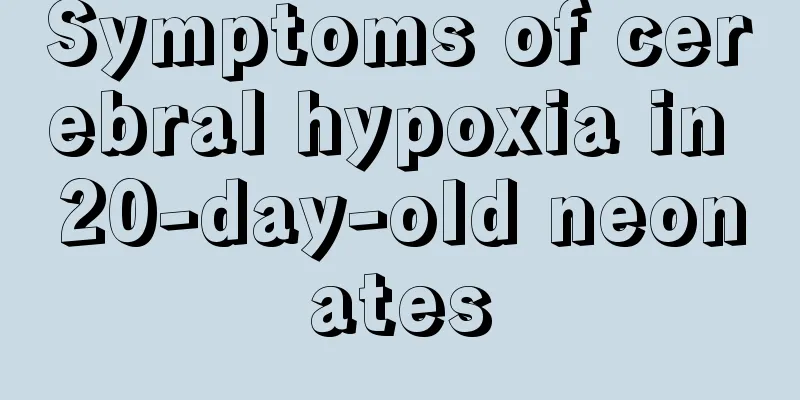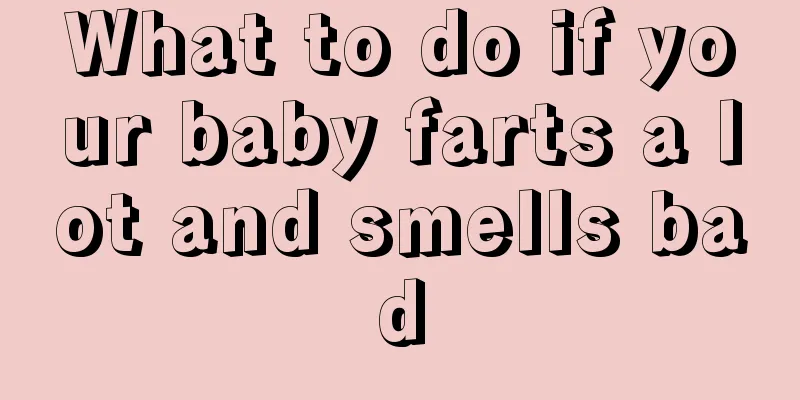What's going on when the baby has a fever and convulsions?

|
We rarely see children having convulsions, because children are normal in most cases. They will cry even when they are sick. We rarely see symptoms of convulsions, and we rarely hear of such cases in children around us. However, we are also afraid of encountering such a situation. But what is going on? Is it caused by fever? Or is there some other reason? Let’s find out what’s going on when the baby has fever and convulsions? During this special age period between 6 months and 3 years old, the anatomy, physiology, biochemistry and other aspects of the brain are in rapid development, the balance of the excitation and inhibition systems is in an unstable state, and febrile convulsions are prone to occur. This condition is called febrile convulsion. As the name suggests, it is a convulsion accompanied by high fever, a convulsion caused by high fever. The onset age of febrile convulsions is between 6 months and 6 years old, and febrile convulsions rarely occur in children under 6 months old. According to statistics, 3% of children have one or more seizures between 6 months and 5 years old. The body temperature during an attack is usually above 39 degrees. Sometimes the child is not noticed by the parents and the high fever is only discovered after they go to the hospital after having a seizure. Febrile convulsions are not necessarily epilepsy. Only 2% to 5% of children are at risk of developing epilepsy in the future. Electroencephalogram (EEG) examination can help confirm the diagnosis. Simple febrile convulsions do not require long-term use of anti-epileptic drugs. Timely cooling can prevent the occurrence of convulsions. When a child has a high fever convulsion, parents should do the following: stay calm, keep quiet, and avoid giving the child any unnecessary stimulation. Keep the airway open. Lay the child flat with his head tilted to one side. Clean up oral secretions and vomit promptly to prevent them from being inhaled into the trachea and causing suffocation or aspiration pneumonia. Through the above content, we understand why the baby has fever and convulsions. Knowing the cause, treatment will be much easier, and we just need to prescribe the right medicine. Of course, every child's physical condition is different, so we must also choose the treatment method according to the baby's physical condition. This will be more conducive to the baby's physical recovery and the healthy growth of the baby. |
<<: What are the symptoms of febrile convulsions in babies?
>>: The baby has a fever, convulsions and rolls his eyes. What's going on?
Recommend
What to do if your child has ringworm on his face
I believe that everyone must have encountered man...
What is the cause of the 2-year-old baby's nose bleeding?
Everyone's physique is different, and the sam...
How long can a child survive sepsis?
The thing people fear most in life is getting sic...
What should I do if my child is bitten by a mosquito and the area is swollen?
Summer is coming soon. What many friends hate mos...
A comprehensive explanation of the white spots on the forehead of newborns
Babies are the apple of every parent's eye. N...
Upper respiratory tract infection in children
Respiratory tract infections are clinically divid...
My child has white spots on his scalp. What causes it?
The reason why children have white spots on their...
Treatment for persistent fever in infants
In our lives, it may often happen that babies hav...
How to prevent malnutrition in children
Children are the hope of the whole family, and ma...
What are the symptoms of hand and foot eczema in children?
Because children's skin resistance is relativ...
How should children replenish qi and blood
Children are the most precious treasures in the h...
The consequences of vaccination for babies with phlegm
As babies grow, they need to be vaccinated with d...
What’s going on when my baby has small red bumps on the palms of his hands?
Many mothers may find that their babies have smal...
How to train your baby to sit at a few months old
The child has been lying down every day since he ...
How to care for a baby with a fever
Because babies grow and develop quickly, their im...
